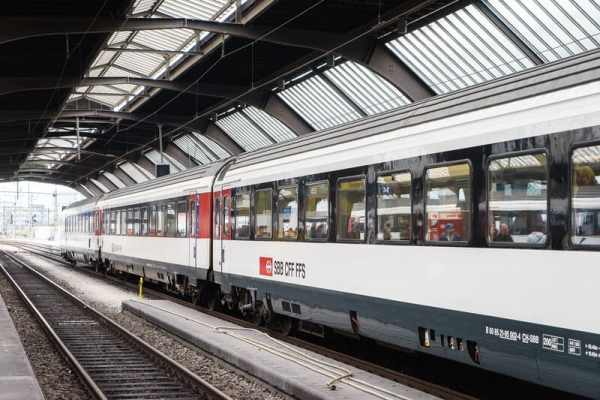Train and other public transport fares in Switzerland are set to rise 3.7% on average from 10 December 2023. This week it was revealed that the hike was pushed by the federal government, reported Swiss broadcaster SRF. © Hai Huy Ton That | Dreamstime.comThe decision to increase fares came after the federal government put pressure on Swiss Rail to push the amount it charges passengers higher. Switzerland’s price watchdog Stefan Meierhans said he was shocked. Internal documents revealed by the newspaper Sonntagsblick show that Swiss Rail, a key price setter, did not want to raise fares and had planned no price hikes until 2030. However, Switzerland’s federal government, which is struggling financially and looking for places to trim costs, put pressure on the public transport
Topics:
Investec considers the following as important: Business & Economy, Editor's Choice, Personal finance
This could be interesting, too:
Investec writes The global brands artificially inflating their prices on Swiss versions of their websites
Investec writes Swiss car insurance premiums going up in 2025
Investec writes The Swiss houses that must be demolished
Investec writes Swiss rent cuts possible following fall in reference rate
Train and other public transport fares in Switzerland are set to rise 3.7% on average from 10 December 2023. This week it was revealed that the hike was pushed by the federal government, reported Swiss broadcaster SRF.

The decision to increase fares came after the federal government put pressure on Swiss Rail to push the amount it charges passengers higher. Switzerland’s price watchdog Stefan Meierhans said he was shocked.
Internal documents revealed by the newspaper Sonntagsblick show that Swiss Rail, a key price setter, did not want to raise fares and had planned no price hikes until 2030.
However, Switzerland’s federal government, which is struggling financially and looking for places to trim costs, put pressure on the public transport sector to share more of the financial load by increasing fares.
In 2022, nearly 30% of Swiss Rail’s CHF 10.7 billion revenue came from the public purse. In addition, it made a loss of CHF 245 million.
Peter Füglistaler, the head of the Federal Office of Transport (FOT) defended the government position. According to Füglistaler, public transport companies have become too accustomed to federal subsidies and Swiss Rail has led a bad example.
Andreas Windlinger, a media spokesman for the FOT, explains that the need for higher fares was also related to the expansion of the network. New S-Bahn trains, more frequent quarter-hourly trains, the NEAT (New Transalpine Rail Link) project on the Gotthard and Ceneri all need to be paid for. The question is: who will pay these additional costs?, he said. The federal government is of the opinion that rail customers must contribute.
More on this:
SRF article (in German)
For more stories like this on Switzerland follow us on Facebook and Twitter.
